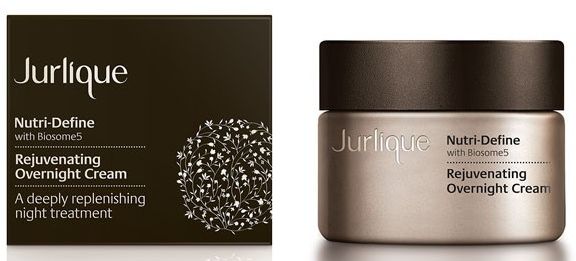Jurlique has switched to using plastic tube, started lightweighting its glass packaging, and driven a re-use system which saves 1000 shippers a year. PKN reports on the skin care company's latest initiatives.
Since the Jurlique brand was launched in Australia 30 years ago, the company's focus has been on the biodynamic herbs grown on its own farm.
Its manufacturing process has relied on a healthy environment, and sustainable practices have been an ongoing focus, according to environment officer Yoshie Obara.
“We're constantly seeking new ways to improve our business practices in line with our commitment to environmental and social responsibility,” she says.
Jurlique's Australian Packaging Covenant (APC) award recognises sustainable packaging initiatives such as its plastic tube transition which came about as a result of a Packaging Impact Quick Evaluation Tool (PIQET)assessment.
“Our plastic tube's environmental impact is approximately 28 per cent lower than that of aluminium tube,” Obara explains.
“In addition to this, we used to observe a high wastage rate of aluminium tube through our transportation and filling process. Last year we decided that the packaging of one of our highest volume products, the hand cream, would be transited to plastic tube. This will eliminate up to 95 per cent of aluminium tube packaging by the end of 2015.”
Jurlique has also started lightweighting its glass packaging.
“We explored the 'light weight' option instead of changing material because we're constrained by the availability of suitable materials with recycled content,” she says.
“Our new Nutri-Define 50ml jar is four grams lighter compared to our conventional 50ml jar. This difference can reduce around two per cent of the environmental impact, according to the PIQET Life Cycle Assessment. We continually work to reduce the amount of material or increase the use of recycled content in glass packaging."

Jurlique has also developed a system which enables the re-use of the shippers used to deliver the boxed jars. By re-using them in the distribution of the finished product, Jurlique saves 1000 shippers, 2000 bubble wrap bags and 3000 separator boards each year. The cost savings also add up to $6000 annually.
Jurlique’s APC team works across marketing and education, procurement and supply planning, product development, technical development, corporate implementation, operation and sustainability. In 2013, the company developed a seven-year roadmap for a sustainable packaging transition which would implement the findings of existing packaging assessments against the Covenant's sustainable packaging guidelines..
“Based on the roadmap, we strive to incorporate recycled material into plastic tubes and plastic bottles,” Obara says.
“We've started a conversation with plastic tube and plastic bottle suppliers in 2015 and our aim is to launch packaging with recycled materials in coming years.”

Above: Jurlique's waste management program in use.







